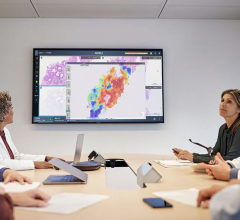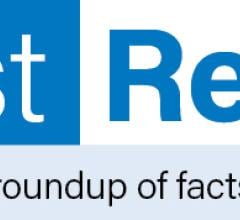March 14, 2008 - Clinical informatics company TheraDoc Inc. said this week its real-time electronic surveillance and clinical decision support systems designed to enhance medical decision making saw significant growth in 2007.
The company says its rapid revenue growth has been driven in part by a broad range of healthcare organizations choosing TheraDoc as their preferred knowledge solution. These organizations range from small rural hospitals to large and academic and multi-facility healthcare organizations. These hospitals implemented TheraDoc clinical decision support solutions, including TheraDoc’s Expert System Platform (ESP), the Infection Control Assistant (ICA) Antibiotic Assistant (AA), Adverse Drug Event Assistant (ADEA), Clinical Alerts Assistant (CAA), Rounds Assistant, (RA), Intervention Assistant (IA) and EZ Alerts Assistant (EZA).
The real-time surveillance, identification, guidance, bench marking, and reporting technologies developed by TheraDoc reportedly help hospitals prevent and control infections, alert clinicians to adverse events and changes in patient condition, select evidence-based treatments and meet state-mandated reporting of hospital-acquired infections (HAI).
New Centers for Medicare and Medicaid (CMS) reimbursement guidelines along with increasing state - and federally - mandated reporting requirements in 2007 added to provider initiatives to drive demand for technologies like those offered by TheraDoc. For example, the Commonwealth of Pennsylvania became the first state to pass legislation requiring hospitals to adopt an electronic surveillance for infectious disease prevention and control. This initiative and the CMS non-reimbursement of costs associated with eight “never” events (including three infectious diseases) resulted in a 68 percent increase in number of hospitals licensed for TheraDoc solutions in Pennsylvania.
Hospitals in 30 states and the District of Columbia have licensed TheraDoc technology to provide continuous patient-safety surveillance and real-time, patient-specific advice. Clients using the TheraDoc technology platforms include academic medical centers, community hospitals, children’s hospitals, cancer specialty facilities, VA Hospitals and integrated delivery networks, the company said.
Among the company’s milestones in 2007 was the University of Utah - Public Health Program, one of the top 10 programs of its kind in the country, entering into a long-term partnership with TheraDoc to support its curriculum. The TheraDoc Public Health Education Endowment, a $10,000 gift, was contributed to teach core courses in the university’s public health program and to bring in a distinguished lecturer each year as the endowment grows.
For more information: www.theradoc.com


 July 26, 2024
July 26, 2024 








